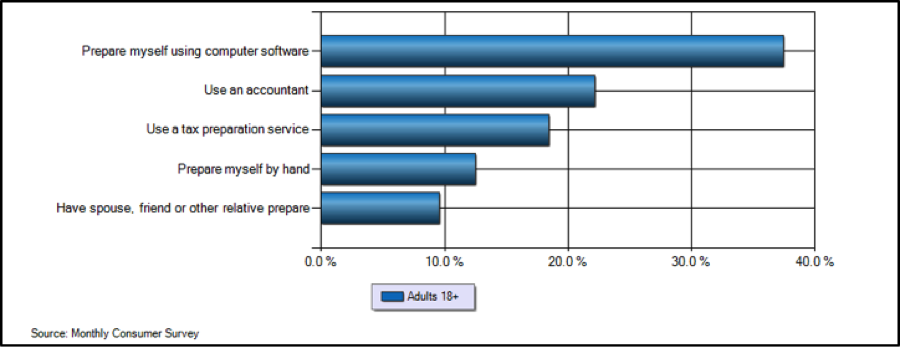I was shocked and surprised when I came across this article. The title, “9 things that rule
about owning a home” got my attention right away. As I read through the nine categories I found
what I expected to find, traditional and promotional information about home
ownership that is either partially or mostly incorrect. Here they are.
1.
Your
money's going to you, not to a landlord.
It goes on to explain that with renting “you're just renting space,” but
“money that you put into your home builds equity, the value of your home after
the mortgage is subtracted. Loans taken out against your home's equity can be
used to put money towards other things, such as college education.” In reality, especially with the popularity of
very low down payment mortgages, most of your payments for the initial years go
to interest. True, you are not renting
space; instead you are renting money. Before
the turn of the century, the value of houses increased at approximately the
rate of inflation. You didn’t sell a
house at a profit unless you intended to buy a smaller house. About twenty years ago this changed, but we
learned (or at least some of us learned) from the recession resulting from the
overdue correction that the surge in housing values was mostly artificial. Finally, the rate for home equity loans is
lower, but that’s because you are risking your house, using it as collateral
and exposing yourself and your family to foreclosure if it’s not paid back.
2.
You get
tax benefits. As I explained in detail
two weeks ago, the tax deduction is partial at best. About two in three do not itemize deductions
so it does them no good at all. Those
who do benefit only to the extent that their total deductions exceed the
standard deduction, which is automatic. In nearly every case the tax benefits of paying a mortgage are either non-existent or
exaggerated.
3.
It's forced savings. The argument is that “those payments are
coming back to you in the form of home equity, which increases your net worth.” It may increase your wealth on paper, but if
you sell the house that equity is swallowed up on a down payment for the next
one. Eventually you will have an asset
that is all yours, but it’s not a very liquid asset because you still need some
place to live.
4.
You get
more for your money. Sometimes this
is true and sometimes it’s not. The
balance between buying and renting fluctuates based on supply and demand in the
respective markets.
5.
You have
the freedom to make it home. The
argument here is that you don’t need a landlord’s permission to make changes. You
can fix up everything the way you want it.
But you also need to fix everything that goes wrong and pay for it
yourself. I’ve heard it said (and
experienced it myself) that when you buy a house you get a hobby: repairing, replacing and maintaining or
researching for a reliable person to do it for you.
6.
You can
have pets. Some rentals also allow pets.
7.
You'll
love the stability. Stability is one
side of the coin. The other is finding
that you must move and are stuck with two mortgages until you find a buyer for
the first house.
8.
You know
everything about the place, because the bank required an inspection, which
you paid for, before you moved in.
9.
It’s
yours! "You feel empowered that
you actually own something…like you have a piece of the American dream." Wow, if they can’t get you with the first
eight, why not appeal to your ego?
Those are nine very weak reasons to buy a house, every one
of them partially or mostly untrue. I
don’t think I am being unusually fussy when I point out that many of these fall
under the category of what “Robert J. Samuelson termed a ‘psycho-fact,’ [a]
belief that, though not supported by hard evidence, is taken as real because
its constant repetition changes the way we experience life.” As many people found out over the past 10
years, buying a house is not something to be taken lightly or to be done without reading the fine print and fully understanding the situation.
